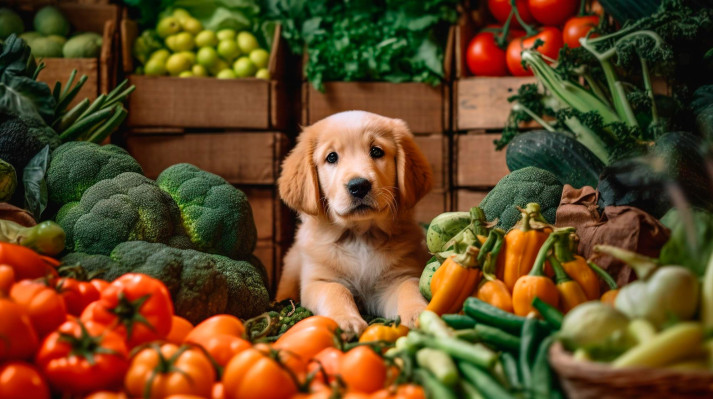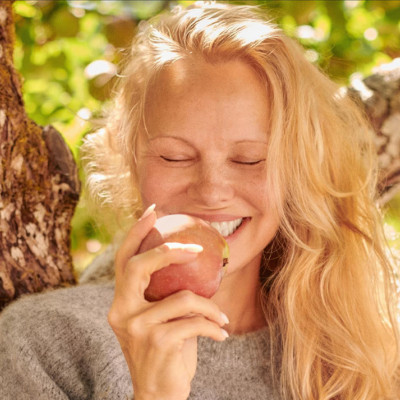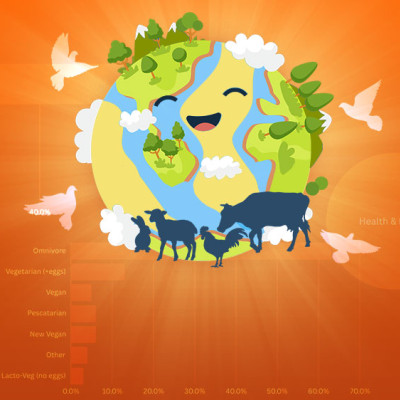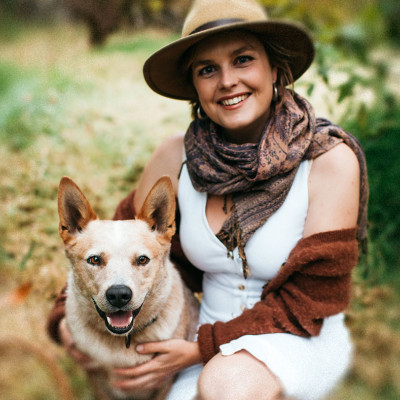Vegan mothers’ breastmilk contains two important nutrients, study finds
Published 18 May 2023
A vegan diet does not affect maternal breastmilk concentrations of vitamin B2 and carnitine, nutrients essential for the developing infant.

These are the results of an Amsterdam UMC study, presented today at the 55th Annual Meeting of the European Society for Pediatric Gastroenterology, Hepatology and Nutrition (ESPGHAN).
Research has found that lactating mothers following a vegan diet compared to mothers with an omnivorous diet showed no difference in the human milk concentrations of vitamin B2 or carnitine, despite these nutrients being found in highest concentrations in animal products.
Using a technique that separates a sample into its individual parts and analyses their mass, this study challenges assumptions that vegan diets may not be nutritionally complete and that breastfed infants of vegan mothers may be at an increased risk of developing vitamin B2 or carnitine deficiency.
In the last four years, the number of vegans in Europe alone has doubled. Lead researcher, Dr. Hannah Juncker explains, “The maternal diet greatly influences the nutritional composition of human milk, which is important for child development. With the rise of vegan diets worldwide, also by lactating mothers, there are concerns about the nutritional adequacy of their milk. […] therefore, it would be important to know if the milk concentrations of those nutrients are different in lactating women consuming a vegan diet.”
Vitamin B2 (riboflavin) is an important co-factor for enzymes involved in many biological pathways. Previous studies have shown, that a significant shortage of vitamin B2 in infants can lead to anemia and neurological problems.
Carnitine’s primary biological role is in energy metabolism. Carnitine shortages in the infant can lead to low blood sugar, as well as the possibility of heart and brain dysfunction. Carnitine intake and subsequent plasma concentrations have also been previously found to be lower in those with vegan diets than with omnivorous diets, with previous studies even suggesting that certain lactating women may need to increase their animal product consumption to avoid deficiencies during breastfeeding.
This study suggests that the influence of a maternal vegan diet on these two important nutrients in milk may be less significant than previously suggested.
While the presenting study reported lower serum free carnitine and acetyl carnitine concentrations in the mothers following a vegan diet, there was notably no difference in human milk carnitine concentrations between study groups.
Commenting on the findings, Dr. Juncker summarizes, “The results of our study suggest that vitamin B2 and carnitine concentrations in human milk are not influenced by consumption of a vegan diet. These results suggest that a vegan diet in lactating mothers is not a risk for the development of a vitamin B2 or carnitine deficiency in breastfed infants. This information is useful for breastfeeding mothers and also for donor human milk banks, which collect milk for provision to premature infants who do not receive sufficient mother’s own milk.”
Original Article > by University of Amsterdam, Medical Xpress
Recent News
-

Dogs Thrive on Vegan Diets, Demonstrates the Most Comprehensive Study So Far
The longest, most comprehensive peer-reviewed study so far has demonstrated that dogs fed nutritionally-sound vegan diets maintain health outcomes as well as dogs fed meat.
-

Vegan YouTube Channels – Our Top Picks
Vegan Easy’s YouTube channel recommendations to help you on your vegan journey.
-

Pamela Anderson’s New Vegan Cookbook: A Culinary Journey of Love and Compassion
Pamela Anderson, the iconic Hollywood actress and passionate animal rights advocate, is set to captivate the culinary world with her upcoming vegan cookbook titled "I Love You: Recipes from the Heart."
-

January 2024 Vegan Easy Challenge Recap
People from around the world began their 2024 with a peaceful start by taking the 30-day Vegan Easy Challenge.
-

Discover the Culinary Delights of Byron Bay’s Newest Plant-Based Cooking School
Learn the sublime art of plant-based cuisine at Katie White's new cooking school in Byron Bay
-

Beyond Romance: Encouraging Vegan Themes and Animal Protection in the Growing World of K-Dramas
The global popularity of K-dramas and growing interest in veganism present a unique opportunity to foster positive change
Leave a Comment